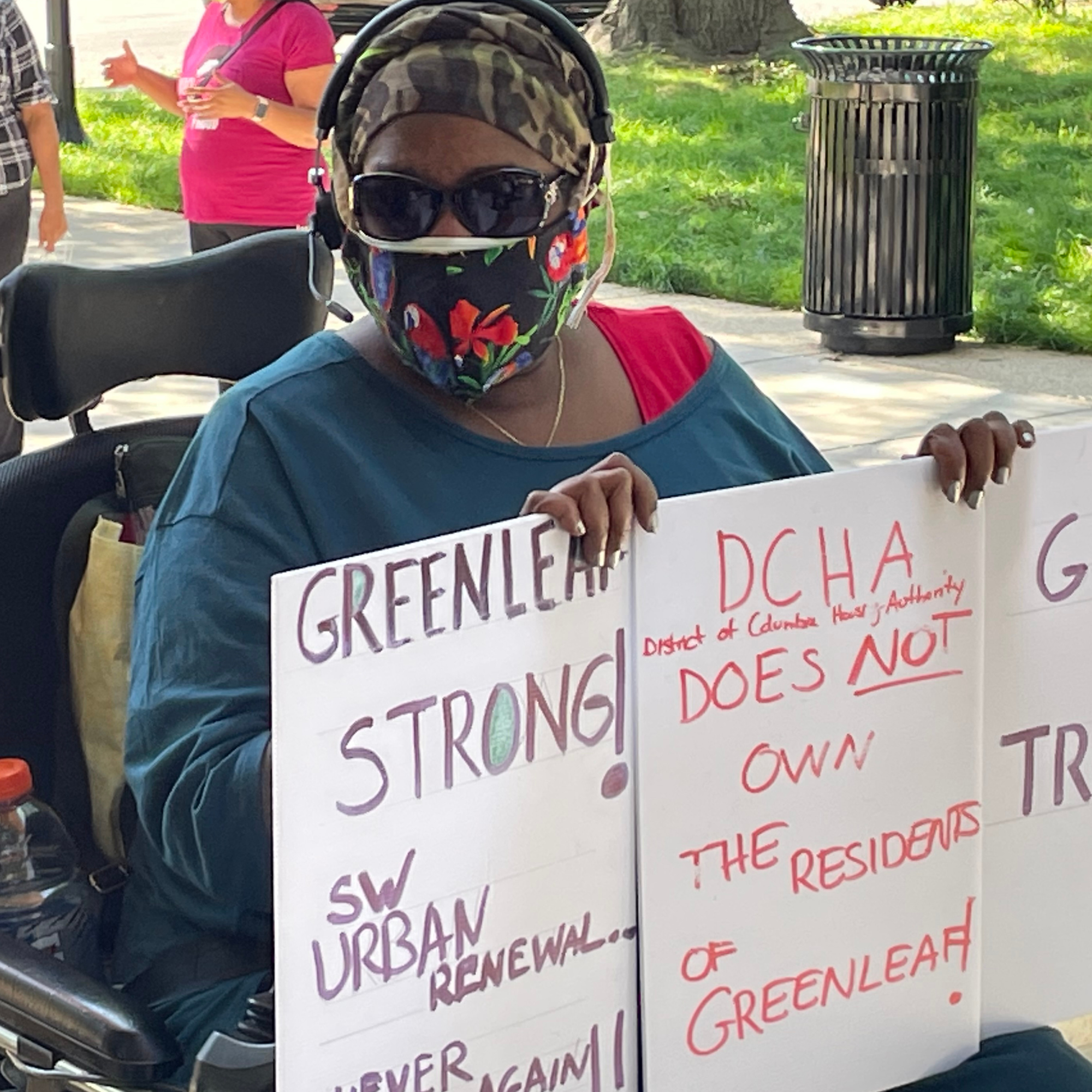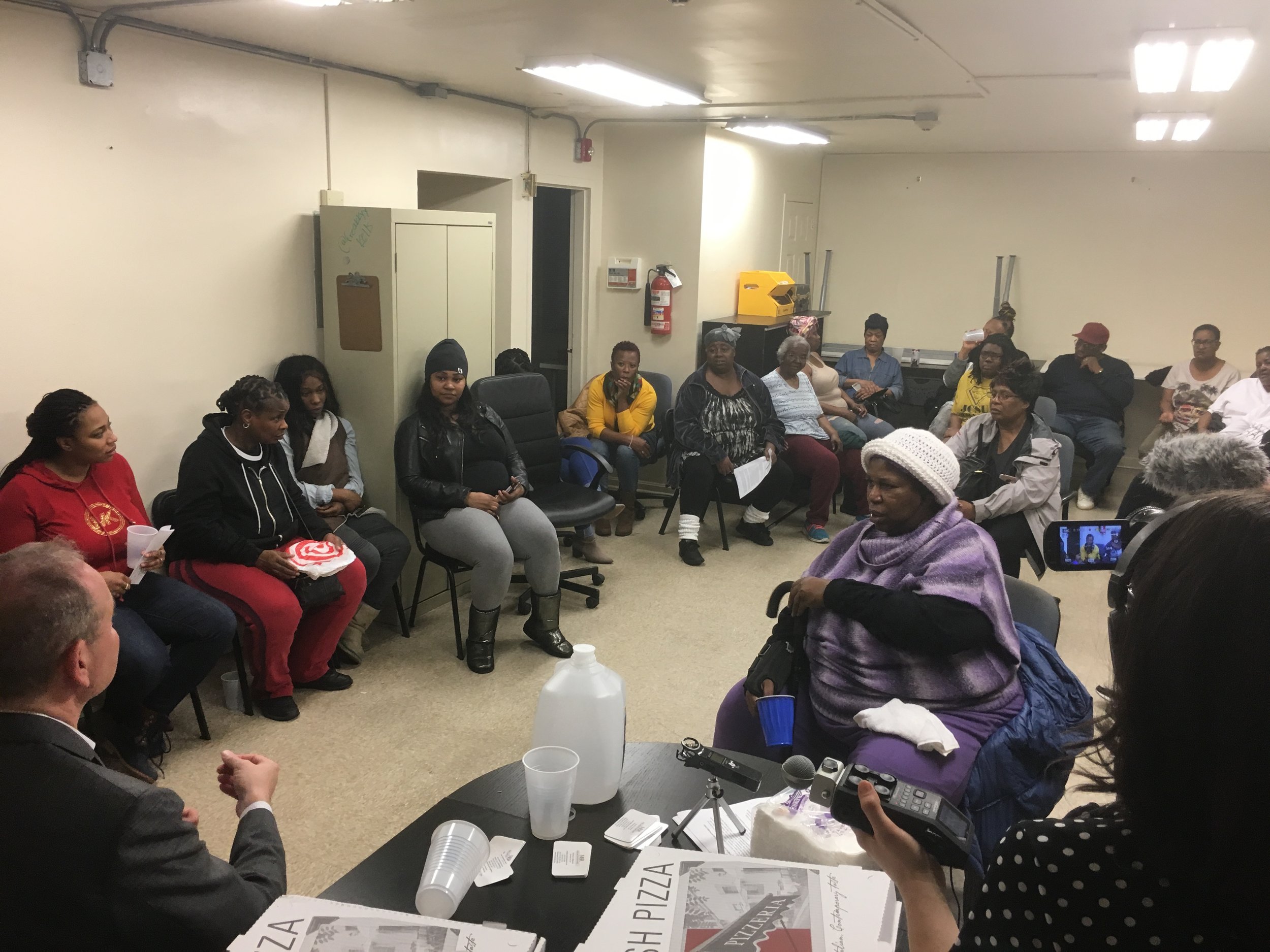
Public Health Liberation™
“Public Health at every decision-making table at all levels of accountability to accelerate the pace of change in achieving health equity. Our humanity compels us.”
Our website has been a tremendous spike in traffic starting in January 2025.
New! Read Public Health Liberation Manuscript (2022) Online
We conducted a search on Grok3 AI model to assess the validity of the “public health economy”.
Where AI Stands on Validity of Public Health Liberation Theory
As a nonprofit, we value the relationship with our communities of practice. They are our friends and neighbors. We encourage as a best practice for nonprofit leaders to take communities to meetings and phone calls with potential funders, allowing them to articulate their community and funding needs as an independent voice. The best posture of the nonprofit is to be open to funding. Community may opt for supplemental funding to other sources doing work in the community as the best way to strengthen community health.
As Public Health Liberation is engaging potential funders, we are bringing the community along to be their own voice.
Public Health Liberation: A New Approach to Health Equity
**Public Health Liberation (PHL)** is a fresh and bold way to tackle health inequality. It brings together ideas from many fields—like philosophy, community action, and research—to create a new approach to public health. Written mostly by Black women with years of experience fighting for better health in their communities, this paper argues that today’s public health system is broken. It doesn’t fix the deep causes of health problems, especially for people who are left out or treated unfairly. The authors introduce the **"public health economy"**—a way to see how money, politics, and society all mix together to affect health. This article explains their ideas in simple terms, making it easy for everyone to understand.
Why We Need PHL: Lessons from Flint and Washington, DC
The authors kick things off by sharing their real-life work in places like Washington, DC. They’ve battled big issues like polluted water, bad housing, and unfair treatment based on race or income. To show why PHL is needed, they point to two major water crises:
Flint, Michigan - In 2014, the city switched to a cheaper water source—the Flint River—without treating it properly. This poisoned the water with lead, hurting mostly Black families. The authors say this could’ve been stopped with better planning and action upfront.
Washington, DC - In the early 2000s, a lead crisis hit Black neighborhoods hard—worse than Flint’s, by some measures. The local water agency messed up, and the CDC even tried to hide the problem, saying no one was harmed when that wasn’t true. A government investigation later called the CDC’s claims “indefensible.”
These disasters prove the current system fails to protect people. PHL wants to step in early and fix problems before they explode.
What is the Public Health Economy?
The public health economy is a new idea from the authors. It’s about how money, politics, and social issues—like jobs, housing, and racism—work together to shape health. They say health problems don’t come from just one thing; they’re tied to many parts of life. For example, bad water in Flint wasn’t just a water issue—it was about cost-cutting decisions and ignoring poor communities. PHL says we need to look at this whole messy picture, not just bits and pieces, to make health fair for everyone.
Bringing People Together: Horizontal and Vertical Integration
The authors suggest two big ways to shake up public health:
Horizontal Integration: This means giving a voice to people who are usually ignored—like low-income families or communities of color. Right now, they’re left out of big health decisions. PHL wants them at the table, helping decide what’s best for their own health.
Vertical Integration: This is about zooming out to see the full system—from local problems to national rules. For example, instead of just treating kids with lead poisoning, PHL would ask: *Why is the water dirty? Who let this happen?* Then, it would push for fixes at every level.
Together, these ideas aim to connect communities and experts to tackle health problems from all angles.
PHL as a New Field of Study
PHL isn’t just a plan—it’s a whole new way of thinking about public health. The authors call it a **“transdiscipline”** because it pulls in ideas from philosophy, sociology, history, and more. It’s not stuck in one box; it mixes everything to get a clear view of health and how to improve it.
The Five Parts of PHL
PHL has five key pieces that fit together like a puzzle:
Philosophy: This is the moral backbone of PHL. It’s about values—like fairness and freedom—drawn from places like African American history, women’s rights, and religious beliefs. For example, they tie “liberation” to the fight against slavery, saying it’s about freeing people from unhealthy systems today.
Theory: The authors come up with new ways to explain why health gaps won’t go away. One idea, the **Theory of Health Inequity Reproduction**, says inequality keeps happening because of big forces—like money and power—that are tough to change.
Practice (Praxis): This is the action part. PHL pushes communities to fight back using tools like protests, lawsuits, or media campaigns. It’s about doing whatever works to make health better.
Research: PHL wants studies that help people, not just fill academic journals. For instance, instead of only tracking lead poisoning, researchers should help get clean water to those who need it.
Training: This is about teaching people—students and everyday folks—how to stand up for health equity. It could mean learning to organize a rally, write a law, or spread the word through news or art.
Key Ideas in PHL
The authors bring in some fresh terms to explain their vision:
Liberation: The heart of PHL. It’s about giving people power over their health and breaking free from systems that hold them back.
Illiberation: The flip side of liberation. It’s when people feel stuck or scared to speak up—sometimes because of past pain or current risks—like losing a job.
Public Health Realism: This says the health system is a mess, with groups fighting for their own gain. PHL wants to bring order to this chaos.
Hegemony: When powerful groups—like big companies or governments—keep things unfair to stay on top. PHL tells communities to watch out and build their own strength.
How PHL Works in Real Life
The authors share stories from Washington, DC, to show PHL in action:
Fighting Displacement: They stopped a city plan that would’ve kicked out poor residents to make room for richer ones. By speaking up, they saved homes and health.
Getting Vaccines: During COVID-19, they saw that many couldn’t sign up online for shots. So, they teamed up with locals to register nearly 900 people by hand, making sure vaccines reached those in need.
These wins show how PHL can change lives when communities take charge.
What’s Next for PHL?
The authors know PHL is still growing. It’s a big, complicated idea that needs more work. They plan to:
- Create tools to measure things like “liberation” or “illiberation.”
- Test their ideas in more places.
- Write simpler versions so everyone—not just scholars—can get it.
They’re just getting started and want to keep building with community input.
Conclusion
Public Health Liberation is a powerful call to rethink health. It says the old ways aren’t working—especially for people who’ve been left behind. By looking at the whole public health economy and putting communities in charge, PHL aims to make health fair for all. It’s not just talk; it’s a push for action, asking everyone—from researchers to residents—to join the fight for a healthier, more equal world.
*Plain text translation generated by Grok (xAI), March 2025
The public health economy is the second major economy next to the growth and employment economy. This is the contribution of Public Health Liberation theory to health equity discourse. As a general theory of public health, the public health economy can be understood as reproducing health inequity because it concerns the total effects of structural determinants of health, including the central role of self-interests. The health of the public health economy depends on the degree of uniform, uninterrupted health gains.
The Public Health Economy:
The Other Economy
Member Resource for Environmental Advocacy
Public Health Liberation President Christopher Williams, PhD, has released a member resource for responding to air permit requests. The letter template helps members to use legal and regulatory standards to critically evaluate air permit review.
New Tool for Members to Combat Environmental Injustice
June 30, 2024
Public Health Liberation has released a new tool for its members to conceptualize and affect environmental injustices. It relies on legal analysis, as well as other cross-disciplinary insight. Members can access via their member account. Non-members can join PHL for immediate access.
Environmental Justice and Applied Public Health Liberation and Public Health Economic Analysis
This resource provides approaches and analysis from four individuals on a proposed city council bill on environmental justice. Community leaders of affected populations, Rhonda Hamilton and Patricia Bishop, provide oral and written testimony - highlighting ongoing injury in their neighborhood in Washington, DC. Also, an affected resident and tenant association president, PHL President Christopher Williams applies public health economic analysis in evaluating the bill, which he concludes has major deficiencies. A university environmental professor (not a PHL member), Dr. Wilson contrasts with the other speakers by using a more traditional, environmental approach.
As you listen and read, here are some questions to consider:
1) Why is applied liberation and involvement of affected residents important?
2) How do you see each speaker discuss the public health economy? Consider economic, regulatory, social, and political factors.
3) What are factors that might facilitate and challenge implementation?
3) What content is highly relevant for understanding the root causes of environmental racism in Washington, DC as opposed to a general theory? Consider specific contextual factors.
View entire video clips
AI for Public Meetings and Monitoring Public Health Economy.
The Public Health Liberation AI Work Group is testing the feasibility of using AI in public health discourse and data analysis in preparation for an upcoming manuscript. PHL has posited that ongoing monitoring of the Public Health Economy is key for our vision of public health. There are however many practical challenges. Limited resources to attend public hearing is a major limitation. Did you know that you can leverage AI to get a quick overview of a legislative hearing or public meeting? This brief article describes how you can use AI.
View PHL Flashcards for some key concepts of PHL theory and public health practice
Public Health Liberation Board Statement
"We are immensely grateful to Diversity City Fund for their support of our mission. This grant will support the DC Chapter of PHL in lasting ways for the Greenleaf and Lincoln Road public housing communities.”
New! Public Health Liberation Receives Major Grant from Diversity City Fund

Manuscript Section Guide and Index
Public Health Liberation is a rich and complex approach to understanding and affecting drivers of health inequity. A section guide and index are intended to guide the readers and serve as a referential document for future reading. Given the denseness of our discussion and the 20-30 minutes that are required for a thorough read, we suspect that readers will repeatedly return to master the constructs and theories. This guide is available for download on our website.

In Memoriam
Dedication to Mothers: We dedicate our manuscript to several authors' mothers whom we lost too soon. Two co-authors lost their mothers this year. Another experienced her mother's lost last year. At least three other authors grieve a similar loss. These mothers' legacies in community leadership and matriarchal family role instilled values of collective striving and neighborhood care-taking. PHL implores greater attention to the public health economy because healthy inequity is not an abstract construct. It is deeply felt in our lived experiences.
AUTHOR HIGHLIGHT
Rhonda Hamilton, Washington, DC Seen here with a Washington Post reporter covering environmental racism in her community, Rhonda Hamilton is a co-author and an elected official with a lifetime commitment to her community in Southwest, Washington, DC. The breadth of her experience and leadership in environmental justice, fair and equal housing, and community health served as a major source of the theoretical underpinnings for PHL. Rhonda is the recipient of the 2021 Southwest Voice Lifetime Achievement Award and 2022 Honoree of Women Environmentalist, Smithsonian Museum. Read Rhonda's Washington Post editorial, "D.C. development is leaving historic black communities in the dust" (click on image).

Patricia Bishop, Washington, DC Seen here meeting with legal support to advocate for better public housing conditions, Patricia Bishop (bottom right) is a co-author and long-time community leader in Washington, DC, advocating for housing, environmental, and racial justice. She serves on the DC Citywide Resident Advisory Board for the DC Housing Authority and as the President of Greenleaf Midrise Apartments. Her health has been negatively impacted by the major structural violence and racism occurring in her community. Patricia Bishop is the 2021 recipient of the Community Leadership Award.
After a career in corporate finance, Ms. Dena Walker decided to share her knowledge, skills, and abilities within underserved communities. This decision led her back to the community that she knew so well as a child. For some higher reason, she was led back to the Greenleaf Gardens community to fulfill the mission her mother subliminally transferred to her. Her beloved mother displayed so many random acts of kindness to strangers when she was a child that the first time that she did it, she become confused and subtly jealous of the child she purchased a meal for in the Hot Shoppe’s restaurant. (Click on image to read ful bio)
Pamela P.S. Perkins, Founder and Senior Curriculum Developer, Human Communication Institute (HCI). PHL Board Consultant. HCI specializes in all forms of Human Communication practices with special emphasis on Behavioral Communication for personal, civic and professional growth in support of the Public Health Economy. (Click on image)
Christopher Williams, PHL Founder Dr. Christopher Williams (left standing) is the founder of Public Health Liberation. He draws upon his strong research skills, community relations, advocacy, and expertise beyond traditional public to affect structural change in Washington, DC - a site of deep and chronic racial inequity. (Photo: Tyler Lloyd, SW Rally for Racial Justice in June 2020) Read his Washington Post editorial, "D.C.’s build-build-build mind-set results in more gentrification" (click on image)
Join the Public Health Liberation Movement. You will join a membership body committed to health equity and innovation in public health theory and practice. All backgrounds and fields are welcome. (Click on image to join)
SEARCH PHL WEBSITE

























